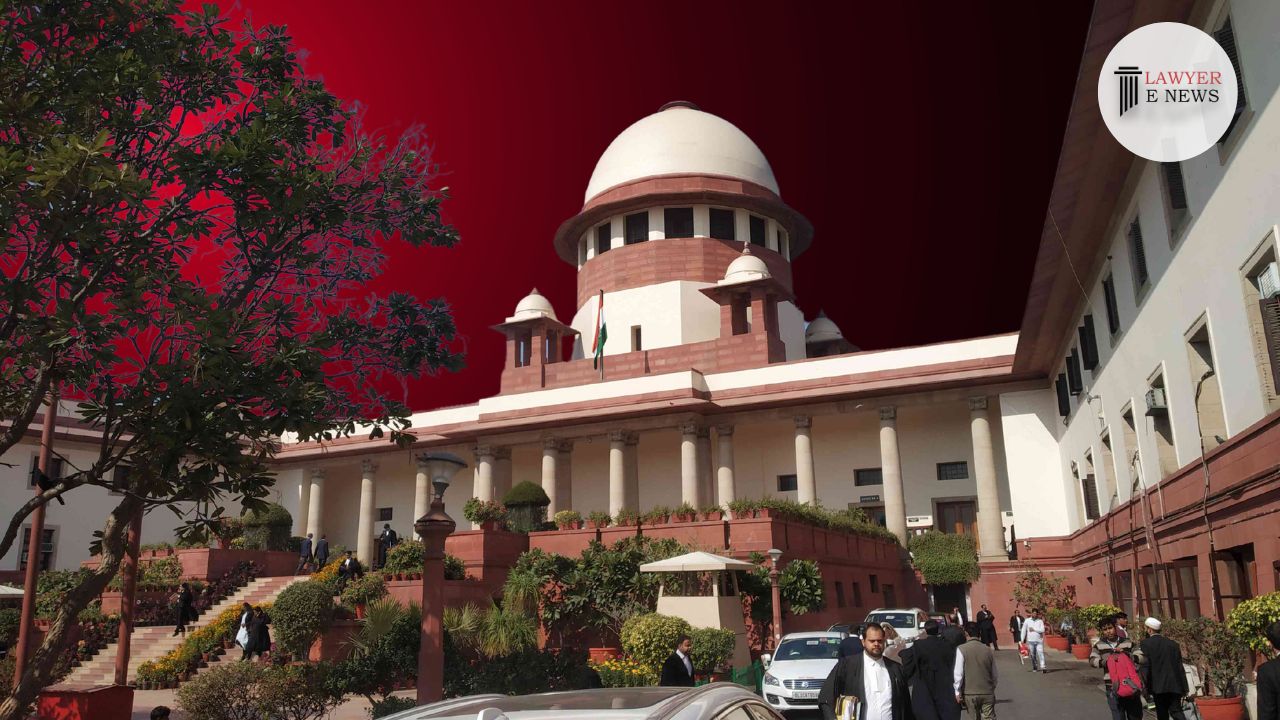-
by sayum
14 February 2026 2:22 PM



In a precedent-setting judgment, the Supreme Court of India has upheld the admissibility of certified copies in property disputes, settling a long-standing legal debate. The judgment, delivered by Justice B.R. Gavai and Justice C.T. Ravikumar, has far-reaching implications for property cases nationwide.
The case in question revolved around the admissibility of a certified copy of a sale deed, marked as Ext.A1. While the defendant disputed its admissibility, claiming it could not be considered as evidence, the Supreme Court’s ruling firmly establishes the legitimacy of certified copies when certain conditions are met.
Quoting sections of the Evidence Act, the judgment emphasizes that “Sections 65(e), 74(2), 77, and 79 of the Evidence Act, along with Section 57(5) of the Registration Act, make the certified copy of the sale deed admissible in evidence for proving its contents” (Para 29).
The court also addressed the property’s title, affirming that Ext.A5 sale deed legally established the contents of the original sale deed, thereby granting rights over the entire property covered by Exts.A1 and A5 to the appellant/plaintiff. The judgment upheld the concurrent findings of the lower courts, stating that there was “no valid reason to reverse the concurrent findings of the lower courts” (Para 33-34).
This ruling has brought much-needed clarity to the admissibility of certified copies in property disputes and may set a precedent for future property cases throughout India.
The legal community and property owners are closely watching the implications of this landmark decision, which is expected to streamline property disputes and enhance the role of certified copies as admissible evidence.
This ruling reaffirms the significance of certified copies in property disputes and marks a pivotal moment in Indian property law.
Date of Decision: September 20, 2023
Appaiya vs Andimuthu@ Thangapandi & Ors
